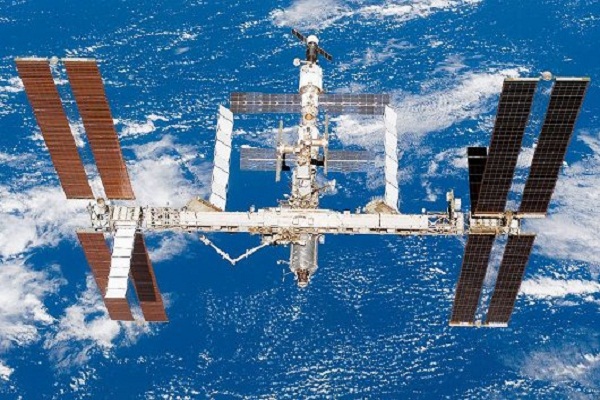At some point in history the space race brought the United States and Russia to compete for the honor of arriving first to the moon. The Americans were the winners, but we must not forget that the Russians were the first to put a man into orbit. This part has been in history, but it seems that another space race looming.
Earlier this year from Russia did the world know they had set to work to build its own space station? This is certainly sad news, as the current International Space Station (ISS) is perhaps the only thing in which the major world powers are united. So far the only space was where there was collaboration and that end.

The ISS is a joint project of the United States, Russia, Europe, Japan and Canada, which ends in 2024, at least according to the original plans. The problem is that if Russia abandons be one of two countries that invest in the project, and considering that by 2028 the components of the station will be obsolete, the continuity of the ISS will hang in the balance.
Now, everything will be business as usual until 2024, when Russia will leave the project. And it is that the Russians intend to have their own space station list for 2023. This year is when the biggest problem for current ISS is present, since it appears that Russia withdrew with all its modules, which will leave the ISS no current three major modules.
Russia will claim their nodular modules (UM), scientist (NEM) and Multipurpose (MLM), the latter shall be added to the ISS between 2018 and 2020, as agreed, and then be disassembled again to carry the new Russian season. The reason for this is that the Russians want to ensure their access to space, something contradictory analyzing recent years.
Already there are several years in which the Russians are the only effective access to space. Since the closure of the US space shuttle program, Russia took control of space, making good money by renting their Soyuz capsules. The real reason for this separation has to do with political problems in Earth, how it could be otherwise.
The big question is what happens to the ISS. Europe, Japan and Canada have little interest in continuing investing in it, but I’m almost certain that the US will not step back, not when Russia and its new space station can leave them far behind, as the start of the race is supposed Space to Mars, using the Moon as space base.
Tags: Russia, space station



Leave a Reply